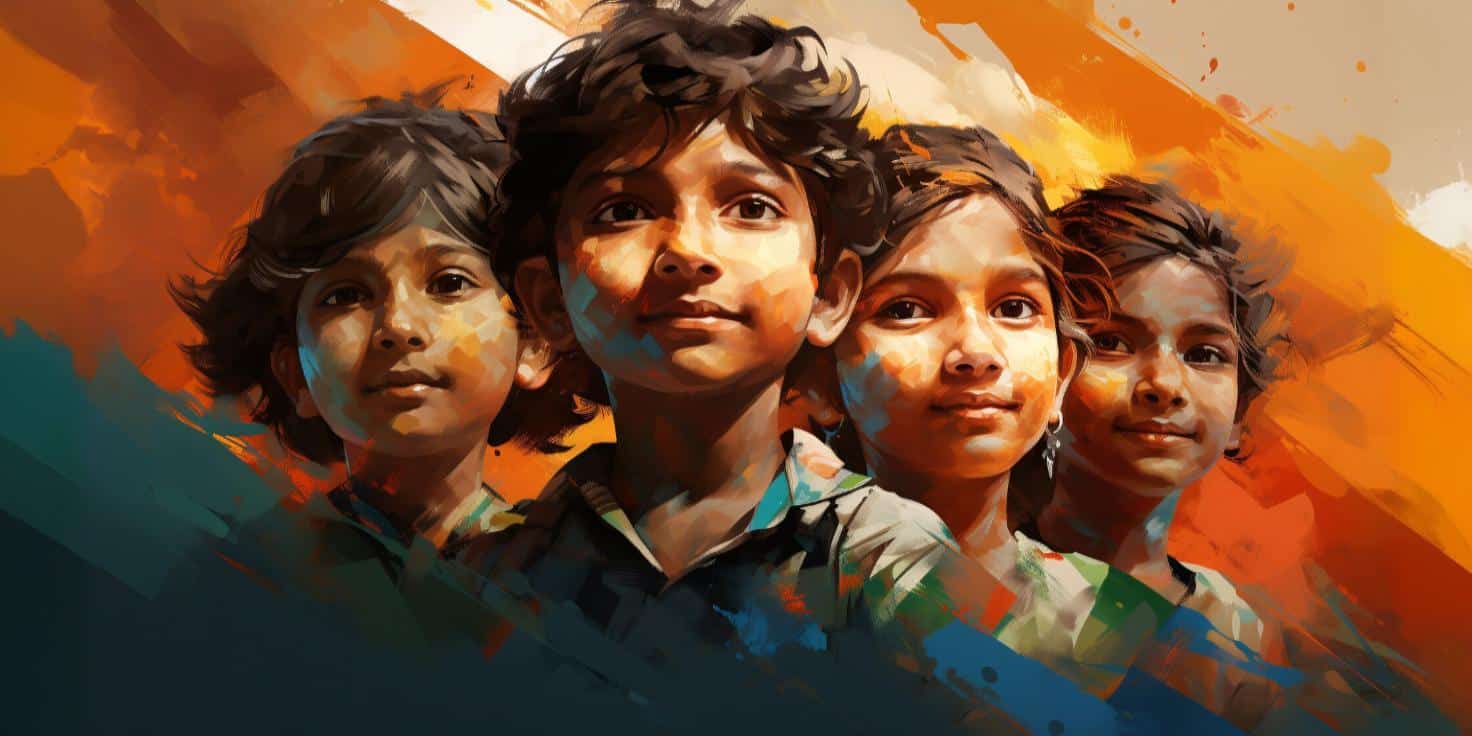World Organ Donation Day: The top 5 myths around organ donation
One of the main challenges that hinders optimal organ donation rates in the country is the myriad misinformation and misconceptions surrounding it
Author
Author
- admin / 6 months

- 0
- 4 min read

Author
Donating an organ is the greatest gift one can give—the gift of life. Yet, India still faces a shortage of donor organs. According to official estimates, 2.5 lakh people need kidneys, 1 lakh need corneas, 80,000 need livers, and 50,000 people need hearts every year in the country. In fact, officials have said that the donation rate in the country is less than 1% of the population.
One of the main challenges that hinders optimal organ donation rates in the country is the myriad misinformation and misconceptions surrounding organ donation, which discourage people from taking the step.
First Check addresses some of the most common myths about organ donation here, so that you may feel more confident if you decide to pledge your organs to help those in need.
What are the most common myths about organ donation?
Myth 1: “I’m too old to donate.”
Many people believe that age alone disqualifies them from becoming an organ donor. In reality, there is no strict age limit — it’s the health of your organs that matters, not its age. Even individuals in their 60s or older have successfully donated organs and tissues. At the time of your death, medical professionals will assess the condition of each organ before deciding if it can be transplanted. So, age should never be a reason to hold back from registering as a donor.
Credit: National Organ & Tissue Transplant Organization
Myth 2: “My family will have to pay for organ retrieval.”

This is a common fear but entirely unfounded. The family of a donor is never charged for the process of organ or tissue retrieval. The only medical costs they may incur are for the treatment provided in an attempt to save the patient’s life. For example, if a person suffers a road traffic accident — one of the most common causes of brain death in India — the costs for emergency and ICU care are billed as part of life-saving efforts. Once brain death is certified and the family consents to donation, any expenses related to organ retrieval are covered by the transplant system, not the family.
Myth 3: “If I donate an organ, I will become handicapped.”
This misconception often stems from the fear of losing an essential body function. However, the human body is remarkably adaptive. A person can live a healthy, active life with just one kidney or even after donating a portion of their liver. These procedures are done only after thorough medical evaluation to ensure the donor’s safety.
Myth 4: “I won’t be able to work or lead a normal life after donation.”
Many believe organ donation — particularly as a living donor — will drastically alter their lifestyle. In fact, most donors recover completely and return to their normal routines, including work, exercise, and daily activities. For example, living kidney donors typically resume work within a few weeks after surgery, continue physical activities, and eat a regular, balanced diet. Studies have shown that living donors do not have a reduced life expectancy — some even live longer than average, largely because only those in excellent health are approved to donate.
Myth 5: “If I donate, I may be born without that organ in my next life.”
This belief is rooted in cultural and spiritual fears rather than fact. According to the National Organ and Tissue Transplant Organization (NOTTO), there is no scientific or religious basis for the idea that donating organs will affect one’s body in a future birth. Organ donation is a purely medical and ethical act, aimed at saving lives and contributing to the well-being of society.
Also read: One unit, three lives: Experts urge regular blood donation on World Donor Day
(Do you have a health-related claim that you would like us to fact-check? Send it to us, and we will fact-check it for you! You can send it on WhatsApp at +91-9311223141, mail us at hello@firstcheck.in, or click here to submit it online)









